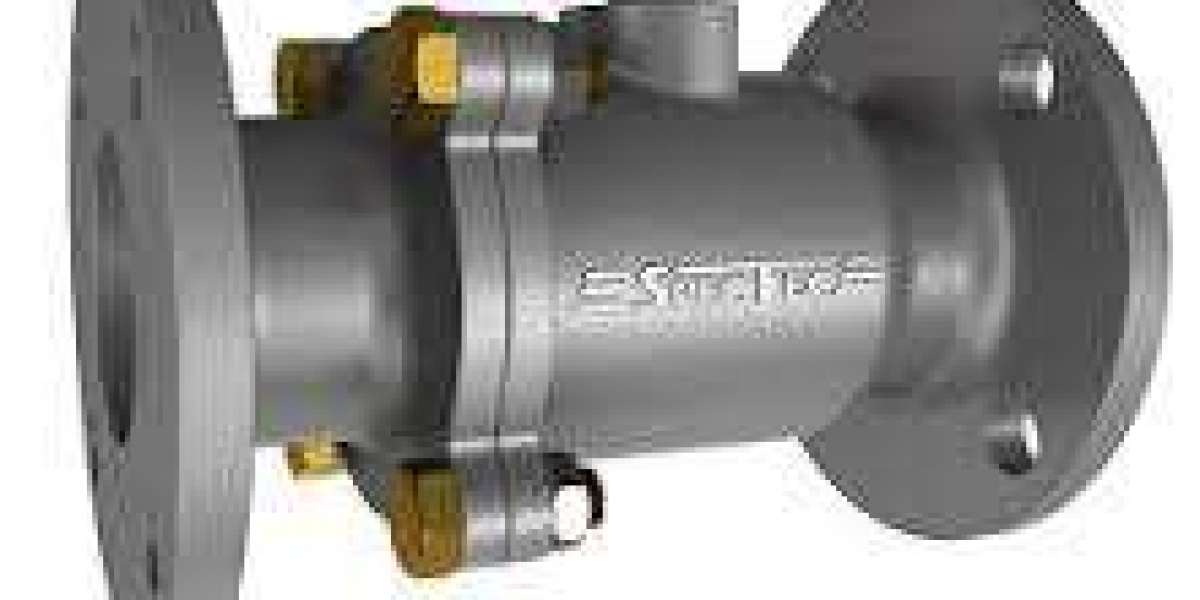Gate valves are a critical component in various industries, including oil, gas, water, and chemical processing. These valves are designed to either fully open or completely close the flow of fluid, making them essential for controlling the flow of liquids in pipelines. At Spectec Valves, we specialize in providing high-quality gate valves that meet the stringent needs of modern industrial applications.
What Are Gate Valves?
A gate valve works by lifting or lowering a gate (or wedge) to control the flow of liquid or gas. These valves are typically used in applications where a straight-line flow of fluid and minimal restriction is desired. Unlike other types of valves, gate valves are not intended for regulating flow but are best suited for either on/off control.
Types of Gate Valves
Gate valves come in various designs, including:
- Rising stem gate valves: The stem rises as the valve is opened, providing a visual indication of the valve's position.
- Non-rising stem gate valves: In these, the stem does not move upwards, making them ideal for areas with limited space.
- Wedge gate valves: These offer a tighter seal and are commonly used in high-pressure environments.
- Parallel gate valves: These are suitable for lower-pressure applications and have a simpler design.
Factors Influencing Gate Valve Price
The gate valve price can vary depending on several factors:
Material: Gate valves are manufactured from different materials, such as stainless steel, carbon steel, cast iron, or brass. Each material offers unique benefits, and the choice of material will impact the overall cost. For instance, stainless steel valves tend to be more expensive due to their durability and corrosion resistance.
Size: The size of the valve also plays a crucial role in determining the price. Larger valves used in industrial applications are more expensive than smaller ones used in domestic pipelines.
Pressure Rating: Valves designed to handle high-pressure environments require more robust materials and engineering, which typically leads to a higher price point.
End Connection Types: Gate valves can have different connection types, such as flanged, threaded, or welded. The complexity of these connections can influence the cost.
Manufacturer: Trusted manufacturers like Spectec Valves offer a range of gate valves at competitive prices without compromising on quality or durability.
Why Choose Spectec Valves?
At Spectec Valves, we pride ourselves on offering premium quality gate valves at competitive prices. Our valves are designed to meet international standards and are rigorously tested for performance and reliability. Whether you need a valve for a high-pressure industrial application or a more economical option, we offer a solution tailored to your needs.
Conclusion
When it comes to selecting a gate valve, understanding the factors that influence pricing is crucial. The gate valve price depends on the material, size, pressure rating, and other specifications. At Spectec Valves, we provide a wide range of gate valves designed to meet diverse industrial requirements, ensuring both quality and cost-effectiveness.
For more information on our products or to request a quote, visit gate valve price.








